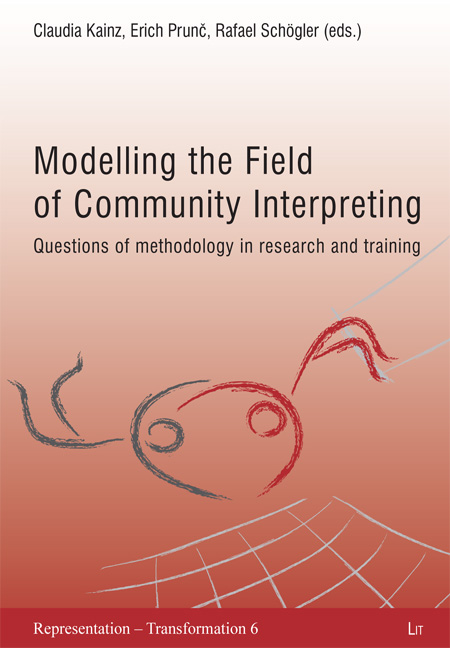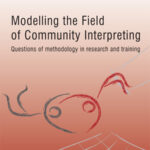Beschreibung
The field of community interpreting is characterised by continually changing political, social, institutional and cultural contexts. Over the last few years new approaches to the training of community interpreters have been conceptualised to meet the requirements of these developments and to replace lay interpreters by trained interpreters. The contributions of this volume present both innovative models of didactics and curricula for community interpreters and empirically and methodologically challenging analyses of various fields of community interpreting.


